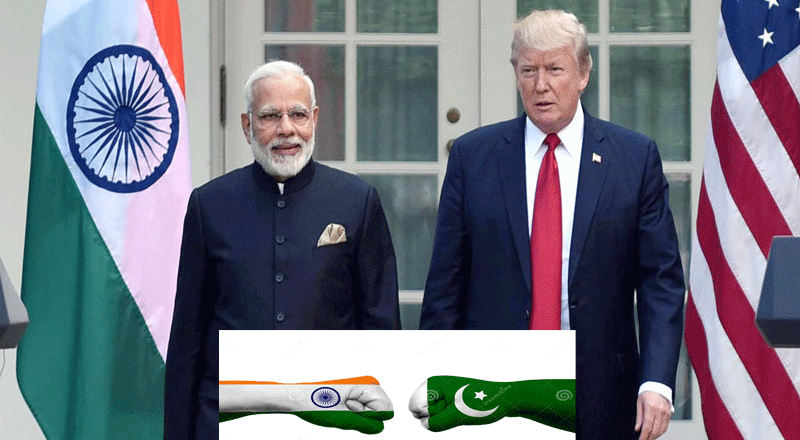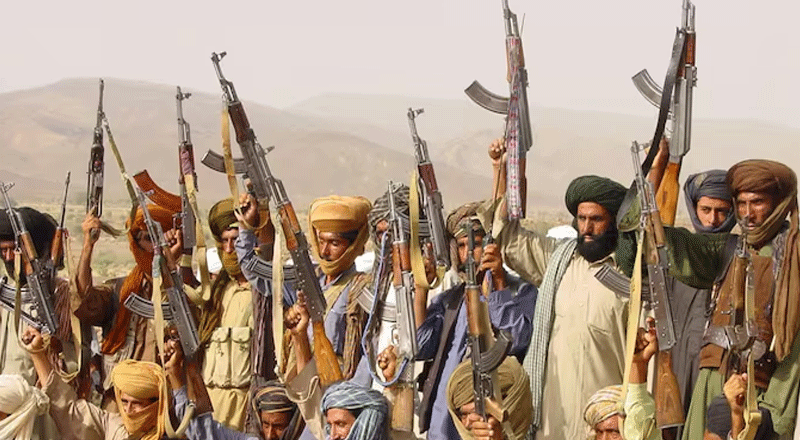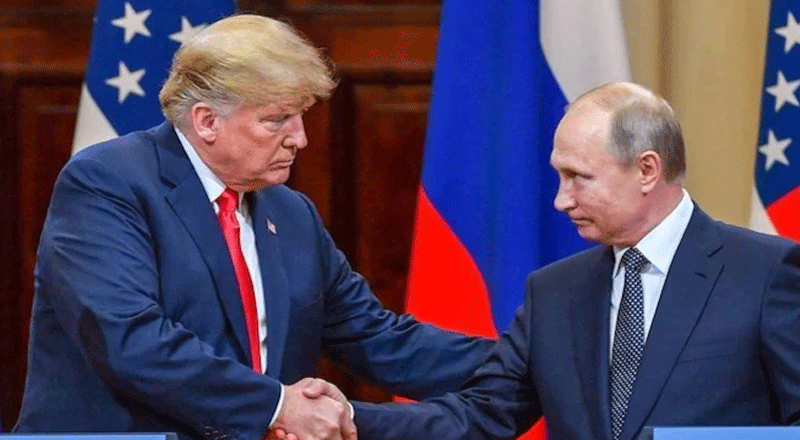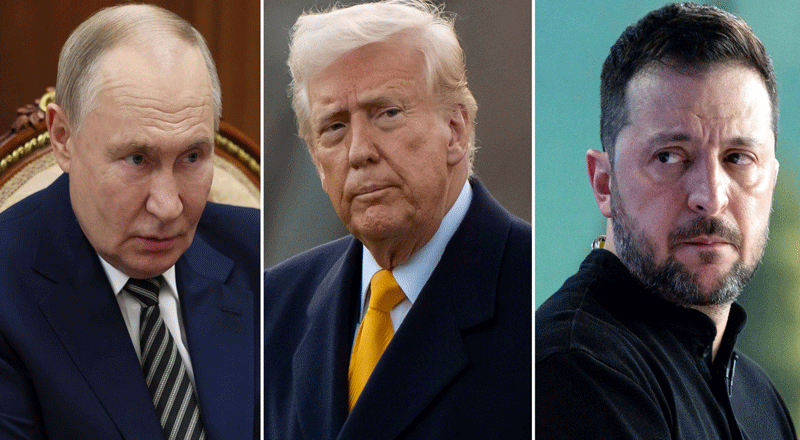A History of Tense Relations
India and Pakistan have shared a complex and often hostile relationship since their independence in 1947. Marked by wars, diplomatic breakdowns, and territorial disputes, particularly over Kashmir, their ties have fluctuated between attempts at peace and heightened tensions. The abrogation of Article 370 by India in 2019 further strained relations, leading Pakistan to sever diplomatic ties and halt trade with India.
In recent years, external geopolitical influences, particularly from the United States, have played a role in shaping South Asia’s diplomatic landscape. With Donald Trump returning to the US presidency, questions arise: is his hard-line stance on Pakistan and closer ties with India forcing Islamabad to reconsider its position on normalizing relations with New Delhi?
Pakistan’s Newfound Peace Overture: A Strategic Move?
Pakistan’s Prime Minister Shehbaz Sharif recently stated that Islamabad is ready to resolve all outstanding issues, including Kashmir, through dialogue with India. This statement, made on the occasion of Kashmir Solidarity Day, signals a significant shift from Pakistan’s previous rigid stance. But what is driving this sudden change?
- Trump’s Influence and US-Pakistan Relations
Donald Trump’s presidency is often associated with a hard-line approach towards Pakistan, particularly in terms of counterterrorism and financial aid. His administration had previously suspended foreign assistance to Pakistan, citing its failure to curb terrorist activities. With Trump back in office, the possibility of similar measures looms large.
Moreover, Trump’s administration has historically been a strong supporter of India, particularly in its fight against terrorism. This alignment with New Delhi places Islamabad in a difficult position. If Pakistan fails to mend ties with India, it risks further diplomatic and economic isolation at a time when its economy is already struggling.
- China’s Diminishing Support: A Diplomatic Setback
Another key reason for Pakistan’s shift towards dialogue is its weakening relationship with China. Traditionally considered an ‘all-weather friend,’ Beijing has been preoccupied with its own economic and geopolitical challenges, making it less available for active diplomatic support to Pakistan. With reduced backing from China, Pakistan finds itself in a precarious position internationally and may see improved ties with India as a means to secure better global standing.
- The Afghanistan Factor: A Two-Front Dilemma
Pakistan is also facing deteriorating relations with Afghanistan. The recent airstrikes carried out by Pakistan against militant groups in Kabul have led to tensions between the two nations. This has created a situation where Pakistan is dealing with security challenges on both its eastern (India) and western (Afghanistan) borders. To avoid a two-front conflict scenario, Pakistan may see normalizing relations with India as a strategic necessity rather than just a diplomatic gesture.
India’s Stance: A Conditional Peace?
India has remained consistent in its position that any diplomatic engagement with Pakistan can only happen in an environment free from terrorism, hostility, and violence. Following the revocation of Article 370 in August 2019, India made it clear that Jammu and Kashmir is an integral part of the country and that any dialogue must be based on the acceptance of this reality.
Despite repeated peace overtures from Pakistan, India has maintained a cautious approach, emphasizing that talks cannot proceed unless Pakistan takes concrete action against cross-border terrorism. The official Indian stance has been that peaceful relations are possible only if Islamabad abandons its policy of supporting militant groups operating in Indian territory.
Previous Attempts at Peace: Lessons from the Past
This is not the first time India and Pakistan have attempted to normalize relations. Several past initiatives have been made, but most have failed due to continued hostilities or unexpected escalations. Some key efforts include:
- The Lahore Declaration (1999) – Signed by then-Indian PM Atal Bihari Vajpayee and Pakistan’s Nawaz Sharif, it aimed at building mutual trust. However, it was soon followed by the Kargil War.
- Agra Summit (2001) – Aimed at resolving disputes, but collapsed due to disagreements on cross-border terrorism.
- Composite Dialogue Process (2004-2008) – Showed promise, but was derailed by the 2008 Mumbai attacks.
- The Ufa Agreement (2015) – A bilateral statement between PM Narendra Modi and Nawaz Sharif, which soon collapsed due to Pakistan’s reluctance to discuss terrorism as a priority issue.
Each attempt at peace has faced setbacks, usually due to a terrorist attack or military escalation. This history makes India’s skepticism towards Pakistan’s latest overtures understandable.
The Road Ahead: Can Relations Truly Normalize?
Given the current geopolitical landscape, the future of India-Pakistan relations remains uncertain. While Pakistan’s call for dialogue appears to be a strategic necessity rather than a genuine shift in policy, India is unlikely to engage unless tangible steps are taken to curb terrorism.
For genuine normalization, Pakistan would need to demonstrate a serious commitment to dismantling terrorist networks operating within its borders. Confidence-building measures, economic collaboration, and increased diplomatic engagement could serve as stepping stones. However, mutual trust remains a major obstacle.
As Trump’s foreign policy continues to take shape, Pakistan may have to make tough choices. Whether this latest peace overture results in lasting diplomatic engagement or ends up as yet another failed attempt remains to be seen. One thing is clear: without sustained efforts from both sides, true normalization of relations will remain elusive.
(With inputs from agencies)





